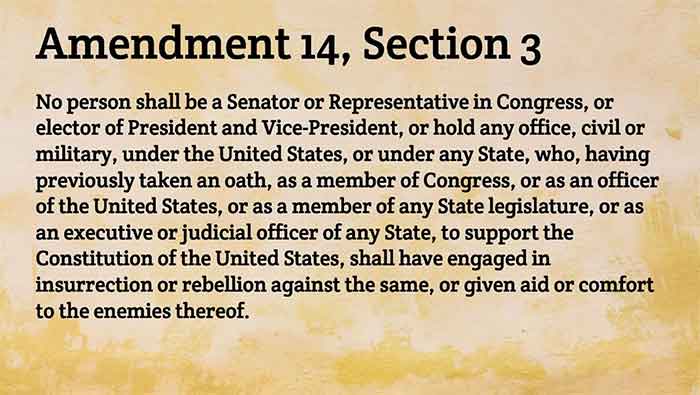
In the U.S. the strident arguments put forward that “voter fraud” has taken place in the recent election continues to resonate with a segment of the population. What do the deniers really want? Is it a return to a status which kept Blacks and Indigenous in a secondary role? Is it that those who have, up to the present, been possessed of majoritarian status are convinced that an authoritarian government is necessary, or is it that the ideology of white supremacy is uppermost in their minds?
In a World Values Survey (WVS) in 1995, 25% of Americans believed in a “strong leader who does not need to bother with election results”, whereas by 2017, “38% of Americans considered this non-democratic result as acceptable”. This belief has now been adopted by one-third of the population, and the claim regarding the election being stolen has found an electorate willing to accept this “big lie”. Why is this sense of privilege and victimhood so pervasive?
According to sociologist Jacqueline Battalora, white rights and white privileges are historically based. The use of the term “white” was invented following Bacon’s Rebellion in 1674, as a strategic way of dividing the laboring classes from the privileged land-owners. Such property-owners decided on a policy to prevent further rebellions. An Anti-miscegenation Law had been passed in 1664, which was not discontinued for several hundred years. By diverting white grievances from class based to race based grievances the white laboring class came to believe themselves as being of a higher status than African-Americans. An Anti-miscegenation Law was also created to deliberately prohibit free Blacks from possessing weapons and from testifying against Whites. The result was that “white”, as a designation, was built around the idea that white people were freeborn and deserving of rights and privileges denied to non-whites.
A hundred years later the 1st Congress in 1790 decided that in order to become a citizen of the U.S. one had to be white, a stipulation that continued for 150 years. This stipulation made sure that, not only Blacks, but also Native Americans, as well as Asian immigrants were not allowed to become citizens, which also meant they were not allowed to vote nor to gain political power. This attitude became embedded in the body politic to such an extent that a man with authoritarian pretensions could gain considerable support with his attempts to invalidate the elections in key states. His legal efforts never gained traction in the law courts, and even the Supreme Court refused to do so since there was absolutely no evidence of voter fraud.
The basis of whiteness as a mark of distinction was at one time prevalent and expressions such as Aryans or Nordics were widely used. In fact, the term “Nordic” was resurrected by Donald Trump when he asserted that non-white, non-Nordic countries were “s…hole countries”.
The fear of losing status and privileges to non-white citizens continues to be pervasive among a substantial portion of the population. The repetitive use of the “big lie”, with its reference to “voter fraud” as an underlying theme suggests that real voters are white Americans while non-white voters are not real Americans.
The Republican Party has come to represent this white American Party, while, at the same time, Democrats are branded as “far left” because they are striving to be more inclusive of the concerns of Blacks, Whites, Asians, Native Americans, Mexican-Americans, etc.
Even as “voter fraud” is shown to be demonstrably false the endless repetition of the phrase gained widespread attention, while the repetition of “fake news” and “America First” and MAGA became political ploys.
Knowing that such expedience has a long history allows us to comprehend our political world with more understanding, and also to realize that in the modern world creating division based upon race is unsustainable. Instant communication and rapid transportation has helped us break out of the past three centuries of attachment to racial differences. The 21st century encompasses us in a global village where the emotional politics of the past are no longer viable nor needed.
We will experience brief reversions to older models, as seen in Donald Trump’s administration, although the real world is in need of a multi-cultural and multi-colored world to represent the future; The legacy of a racist past and the demagogues who take advantage of ancient antagonisms and prejudices will have to let go of their attachment to resentments, despite groups such as the proud boys and boogaloo bois who continue to cling to their anger, their sense of victimhood and their grievances.
Hugh J.Curran is on the faculty of the Peace & Reconciliation Studies, University of Maine.
IF YOU LIKED THE ARTICLE SUPPORT PEOPLE’S JOURNALISM














































